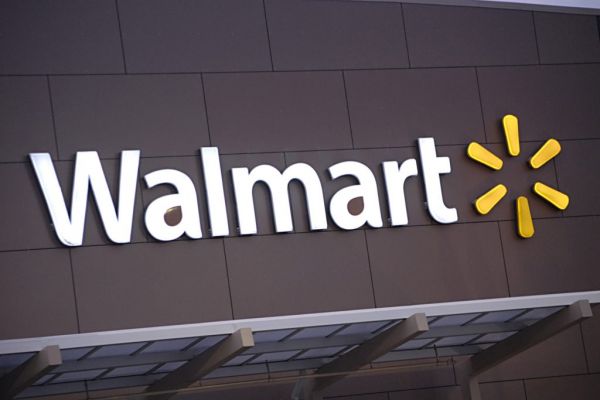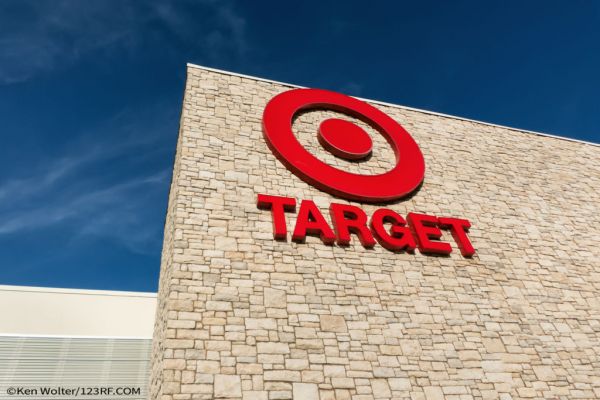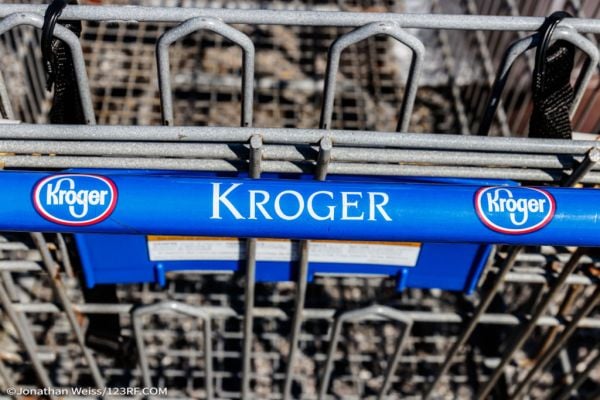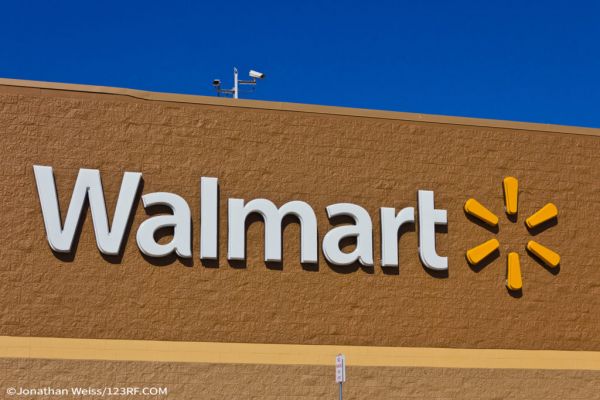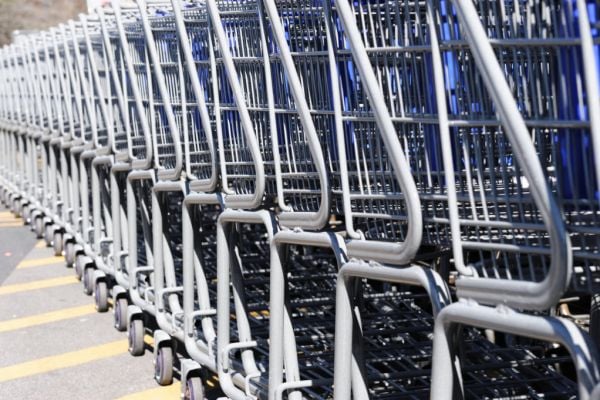Wal-Mart Stores Inc. is asking suppliers to remove formaldehyde, triclosan and six other substances from their products, part of an effort to eliminate controversial chemicals from household goods.
The chemicals on the list include “certain properties that can affect human health or the environment,” Wal-Mart said in a statement Wednesday. The retailer created the list with help from the Environmental Defense Fund, aiming to get suppliers to find alternatives, said Zach Freeze, Wal-Mart’s director for strategic initiatives related to sustainability. The list was limited to eight high-priority chemicals so that Wal-Mart could make meaningful progress.
“We wanted to get started,” he said in an interview. “We knew it wasn’t going to be a perfect list.”
Naming the chemicals follows Wal-Mart’s announcement in 2013 that it would ask suppliers to reduce some substances in personal-care, cleaning and beauty products and promote alternatives. At the time, it didn’t get specific about the list. The program is an example of widening scrutiny by merchants, manufacturers and legislators into the effect of chemicals, as well as a nod to heightened consumer concerns. In June, for instance, President Barack Obama signed a bill that overhauls the nation’s laws governing chemicals.
Labeling Requirement
Under the Wal-Mart policy, manufacturers must list the targeted ingredients on packaging by 2018 and work to find alternatives. The program affects about 90,000 items made by 700 manufacturers. Already, Wal-Mart’s suppliers have removed 95 percent of the chemicals on the list, by volume weight, from products sold in U.S. stores that are covered by the policy. Freeze declined to provide specific examples of how manufacturers replaced chemicals with greener alternatives.
Formaldehyde is a carcinogen found in resins for wood products, building materials, paints and some consumer products like cosmetics, and triclosan is a chemical used in antibacterial soaps, toothpaste and some cosmetics. Triclosan isn’t known to be hazardous to humans, but some animal studies have shown that it alters hormone regulation, according to the U.S. Food and Drug Administration.
The chemicals on Wal-Mart’s list also include:
Toluene, a colorless liquid that is used in paint thinners, nail polish and fragrances Diethyl phthalate, used to make plastic more flexible and in cosmetics, insecticides and aspirin Nonylphenol exthoxylates, which are surfactants used in industrial applications and consumer products such as laundry detergent Butylparabens, used as a preservative in cosmetics Dibutyl Phthalate, a solvent Propylparaben, another preservative
The Environmental Defense Fund advised the retailer to identify chemicals that “the science was solid on” and were likely to be regulated, Michelle Harvey, the group’s supply-chain director, said in an interview. The substances chosen are also among the most common, she said.
“This was a really big deal for Wal-Mart to tackle this issue,” Harvey said. “Chemistry is really hard.”
Sustainability Push
The chemical program is part of a broader sustainability initiative the Bentonville, Arkansas-based company started in 2005. The idea is to ultimately create zero waste, use only renewable energy, and sell products that are safe for people and the environment. But retailers are also responding to heightened consumer awareness of product ingredients and a growing preference for organic goods.
Target Corp. has also expanded its chemicals program, albeit with a different approach: The retailer last year quietly posted a list of hundreds of substances, including coal tars and bisphenol A, that it’s encouraging vendors to remove, offering incentives for them to do so. Target awards points to products for cleaning, beauty, baby-care and personal-care products that list ingredients and avoid suspect substances in a bow to customer preferences, the company has said.
News by Bloomberg, edited by ESM. To subscribe to ESM: The European Supermarket Magazine, click here.
